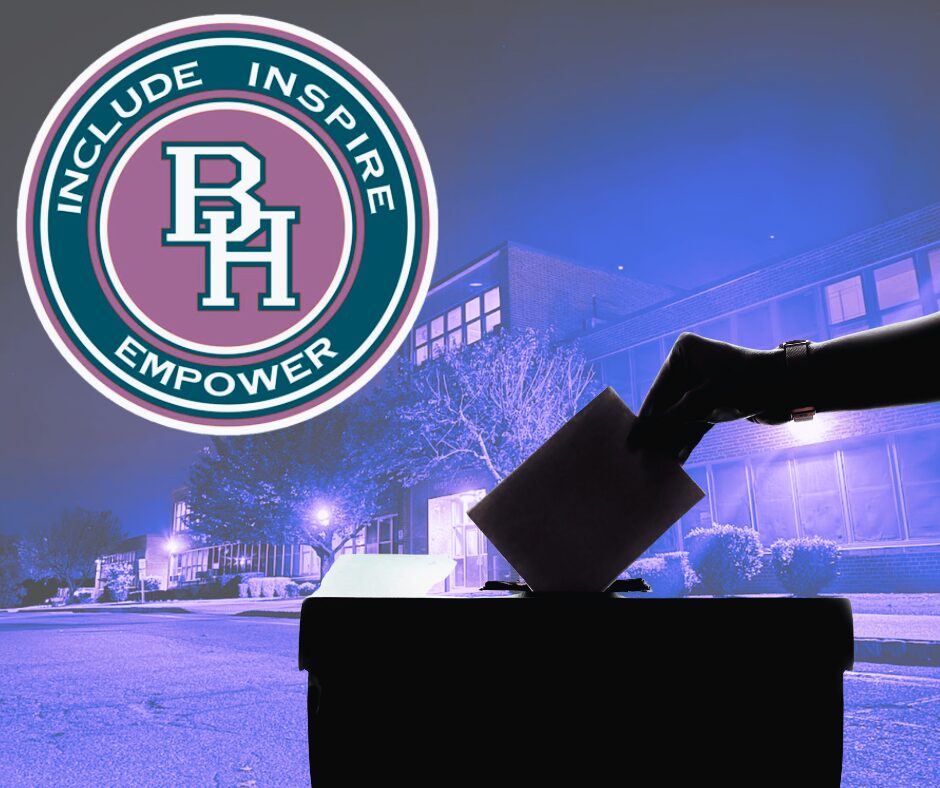Jay Morreale is a candidate for the Charter Study Commission and President of the Short Hills Association. We feel this article offers an interesting on the ground perspective in connection to our first article in our series on NJ Government – Local Government Forms and Referendum Powers.
As those that have been following the recent Township Committee meetings are aware, there are discussions underway on the formation of a Charter Study Commission. The Short Hills Association Board feels this is an important issue and therefore would like to provide some information and reference documents for those that wish to understand more.
What is a Charter Study Commission?
A charter study commission is an elected board that examines the current form of municipal government and researches alternative forms that might better suit the community’s needs.
Why consider changing our form of government?
NJ has 12 different forms of municipal government. Millburn operates under what is known as the “Township” form with an elected Township Committee of 5 people which appoints a mayor and a township administrator. Millburn holds partisan elections every June and November.
Summit has a “City” form of government. Summit has an elected mayor responsible for executive functions and a council for legislative functions. Madison uses a borough form of government. South Orange is a village and operates under a “special charter,” which allows it to define its structure and rules. Chatham has a Borough and Township with its own mayors and councils.
The form of government defines the structure and rules a municipal government operates under. The township form was one of 8 different forms of municipal government in NJ until 1950, when the state legislature passed the Faulkner Act also known as the Optional Municipal Charter Law (OMCL), which created 3 new forms of government and a 4th in 1981, providing citizens with more say in how their town government is run.
These new forms came with new rights for citizens, such as the ability to directly petition the government to add questions to the ballot. These rights do not exist under the Township form.
Some of the new forms also include options for either partisan or nonpartisan elections. Nonpartisan elections eliminate the June municipal primary and all candidates appear in the general election without a party designation, just like Millburn’s BoE elections. Most nonpartisan elections in NJ today are held as part of the general November elections for state or federal office.
Have other municipalities changed?
Since the introduction of the Faulkner Act, over 130 municipalities in New Jersey have moved to a Faulkner Act Form, most recently Red Bank in 2022. Others include: Morristown, Livingston, Montclair, Berkeley Heights, Mountainside and Verona to name a few.
Where to find more information
The NJ League of Municipalities Forms of Government Article – NJLM Article
Article Originally Published on TapInto Millburn/Short Hills
-Jay Morreale
‘Understanding Your New Jersey Government’ Series
|



